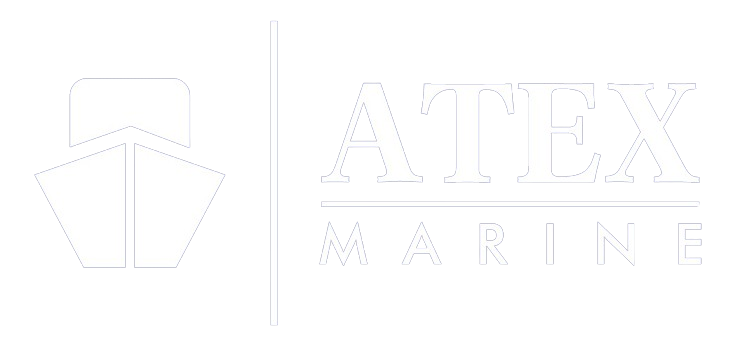AUTOMATION
Understanding Marine Sprinkler Systems
Marine Sprinkler Systems are essential fire suppression systems installed onboard ships and offshore installations to detect and extinguish fires automatically. These systems consist of sprinkler heads connected to a network of pipes that distribute water or other fire-suppressing agents to protect various areas of the vessel. This guide explores the key aspects of marine sprinkler systems and addresses frequently asked questions about their types, operation, benefits, maintenance, and regulatory compliance.
What are Marine Sprinkler Systems?
Marine Sprinkler Systems are fire suppression systems that use water or other fire-retardant agents to extinguish fires automatically in case of an emergency onboard ships and offshore platforms.
Benefits of Marine Sprinkler Systems
Implementing marine sprinkler systems offers several advantages:
- Fire Protection: Provides rapid response to fire incidents, minimizing fire damage and ensuring crew safety.
- Automatic Operation: Activates automatically when heat from a fire causes a sprinkler head to open, releasing water or suppression agent.
- Area Coverage: Distributes fire-suppressing agents effectively across different compartments and areas of the vessel.
- Compliance: Helps vessels comply with international regulations such as SOLAS (Safety of Life at Sea Convention) requirements for fire safety.
- Reliability: Operates independently of external power sources, providing continuous fire protection even during power outages.
10 Frequently Asked Questions (FAQs) about Marine Sprinkler Systems
| FAQ | Answer |
|---|---|
| What is a marine sprinkler system? | It is a fire suppression system installed onboard ships and offshore platforms that uses sprinkler heads to distribute water or fire-retardant agents to extinguish fires automatically. |
| How do marine sprinkler systems work? | When a fire causes the temperature to rise, it activates a sprinkler head, releasing water or fire-suppressing agents onto the fire, controlling or extinguishing it. |
| What are the types of marine sprinkler systems? | Types include wet pipe systems, dry pipe systems, deluge systems, and pre-action systems, each designed for specific fire protection needs and environments. |
| Why are marine sprinkler systems important? | They provide reliable fire protection, reduce the risk of fire-related damage, and enhance crew safety onboard vessels. |
| What are the regulations governing marine sprinkler systems? | SOLAS (Safety of Life at Sea Convention) and other maritime regulations set requirements for fire safety systems, including sprinkler systems, on ships and offshore facilities. |
| How are marine sprinkler systems maintained? | Maintenance includes regular inspections, testing of system components, and ensuring adequate water supply and pressure for effective operation. |
| Can marine sprinkler systems use alternative fire-suppressing agents? | Yes, systems can be designed to use foam, gases (such as CO2), or other agents suitable for specific fire hazards and environmental conditions. |
| Are marine sprinkler systems suitable for all types of vessels? | Yes, systems can be tailored to meet the fire protection requirements of various vessel types, including passenger ships, cargo vessels, and offshore platforms. |
| Do marine sprinkler systems require crew training? | Yes, crew members should receive training on system operation, emergency procedures, and fire response to ensure effective use of sprinkler systems during emergencies. |
| What are the environmental considerations of using marine sprinkler systems? | Efforts are made to minimize environmental impact by using eco-friendly fire-suppressing agents and ensuring proper disposal and containment practices. |
Conclusion
Marine Sprinkler Systems are critical for fire safety onboard ships and offshore installations, providing reliable fire suppression capabilities and ensuring compliance with international regulations. By effectively distributing fire-suppressing agents and addressing common questions, these systems enhance vessel safety and operational resilience at sea. Understanding their functions and benefits can help maritime professionals implement and maintain marine sprinkler systems to protect crew members, assets, and the marine environment from fire-related risks.
